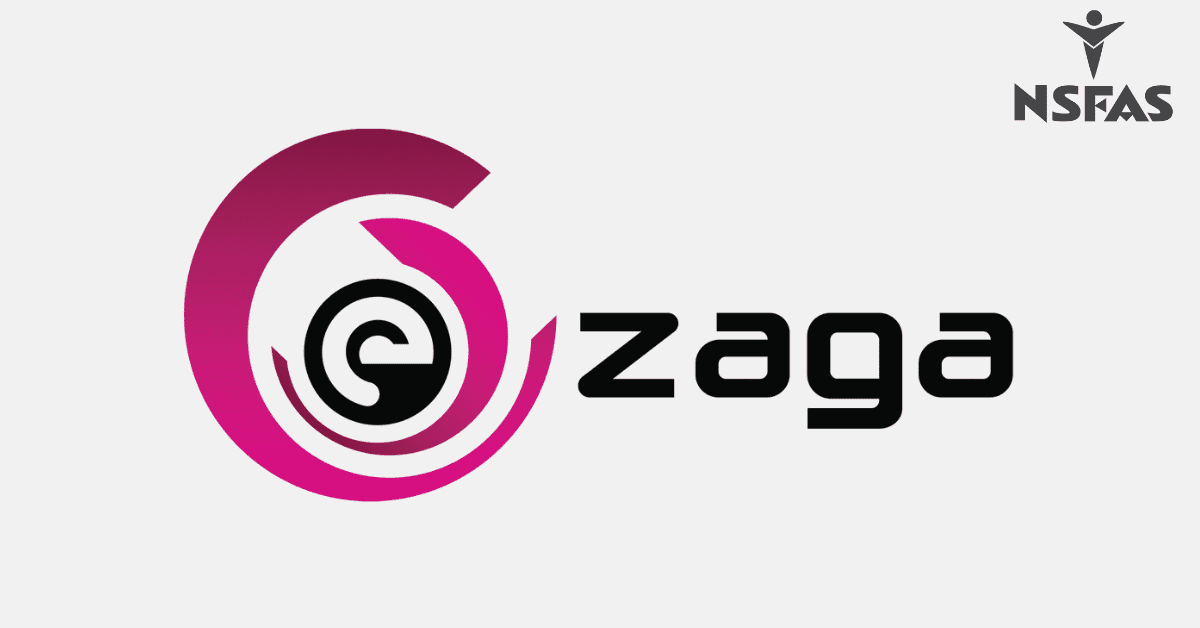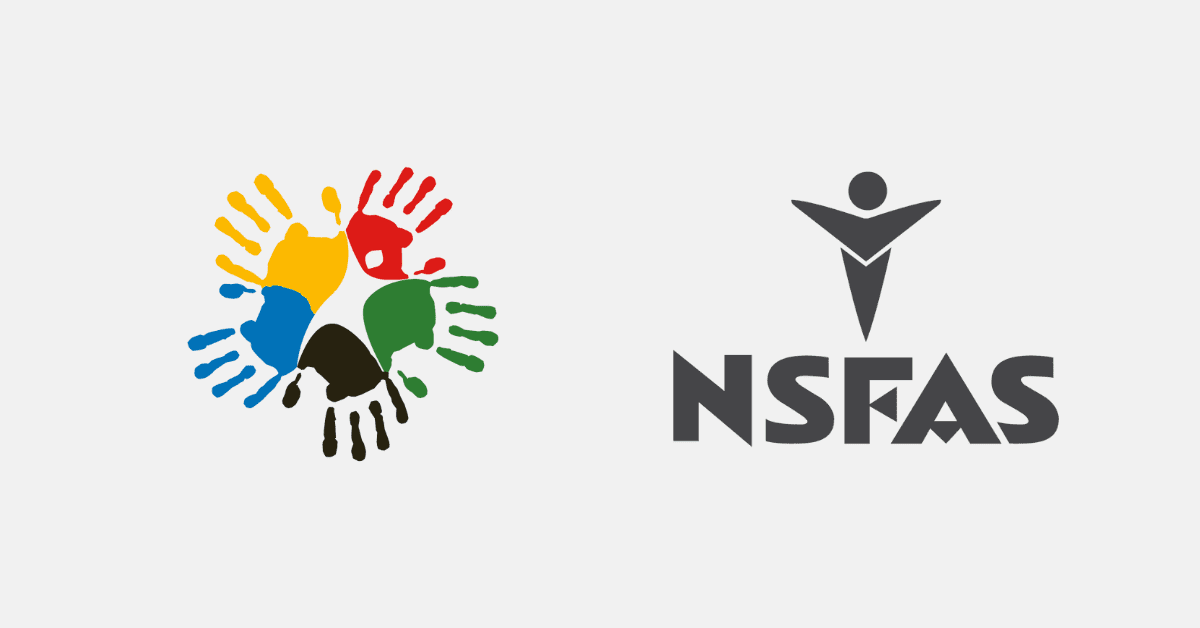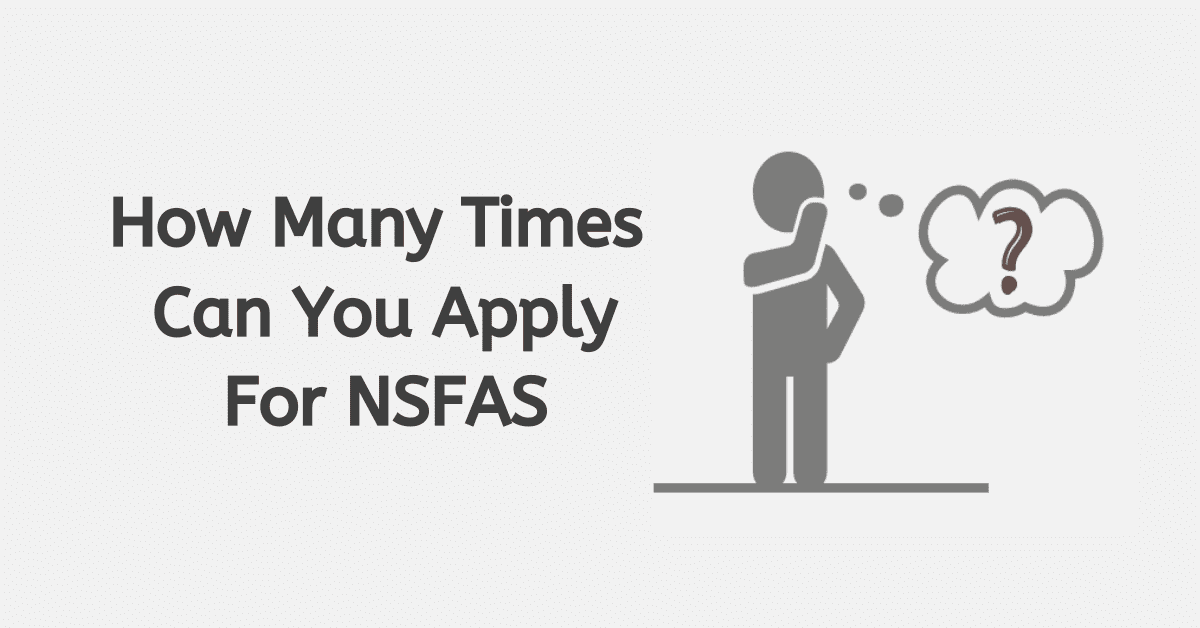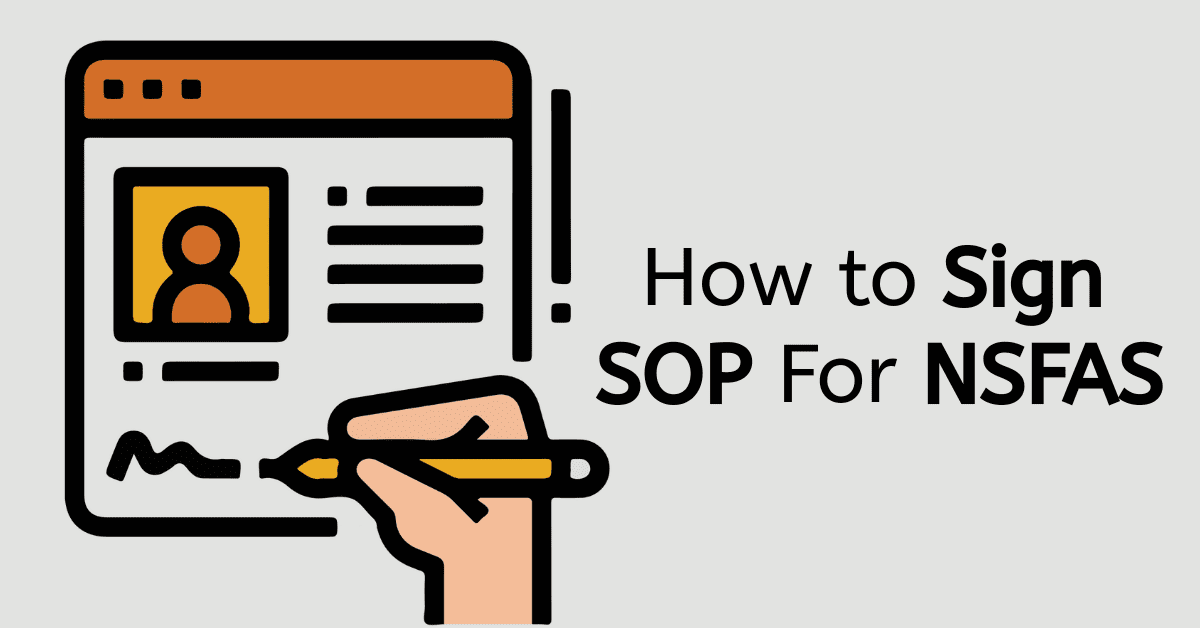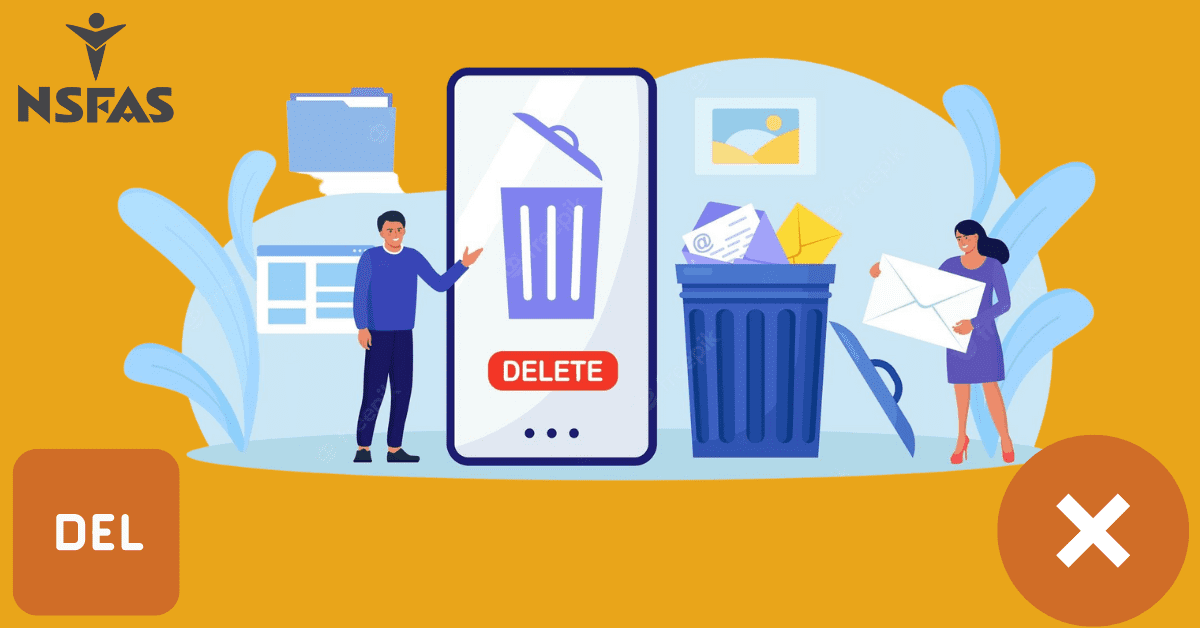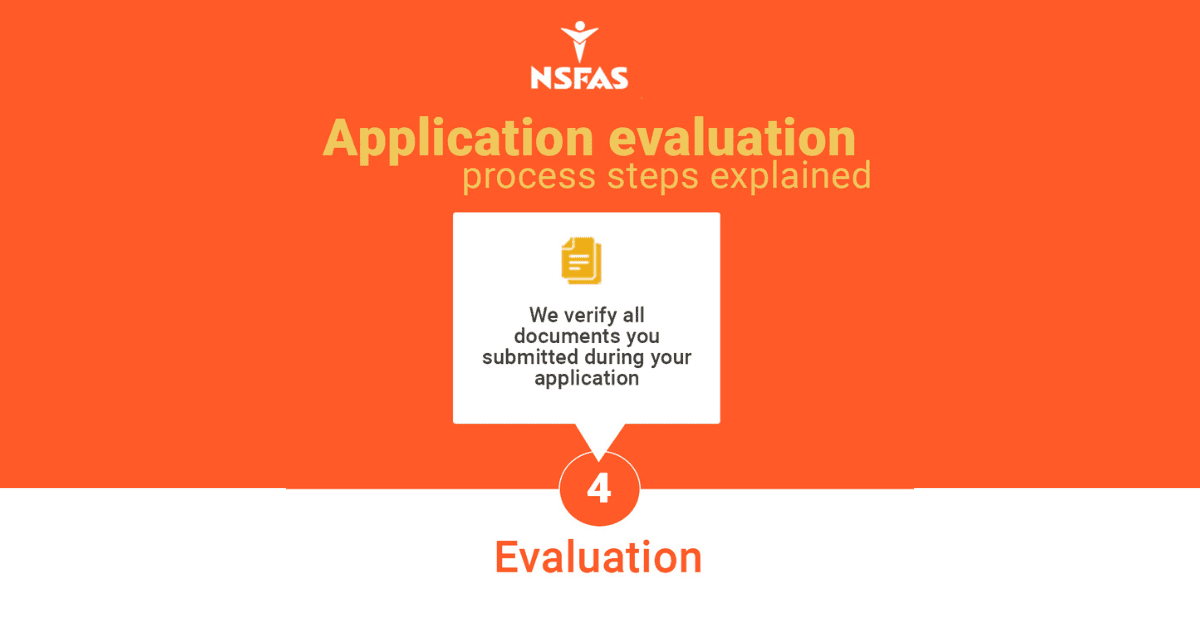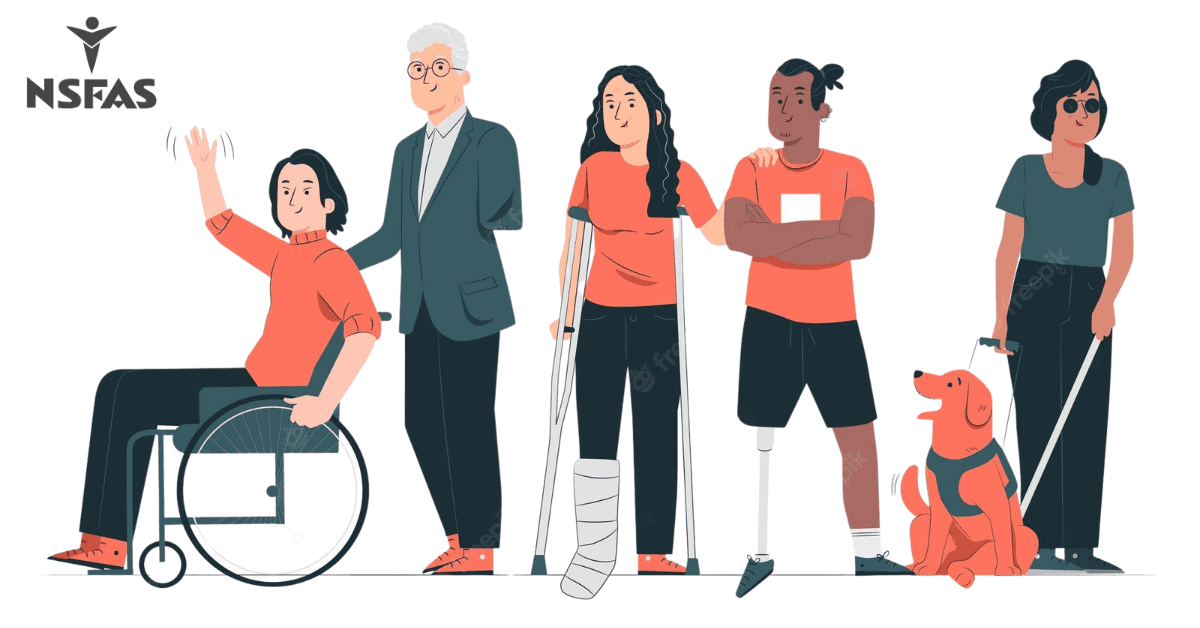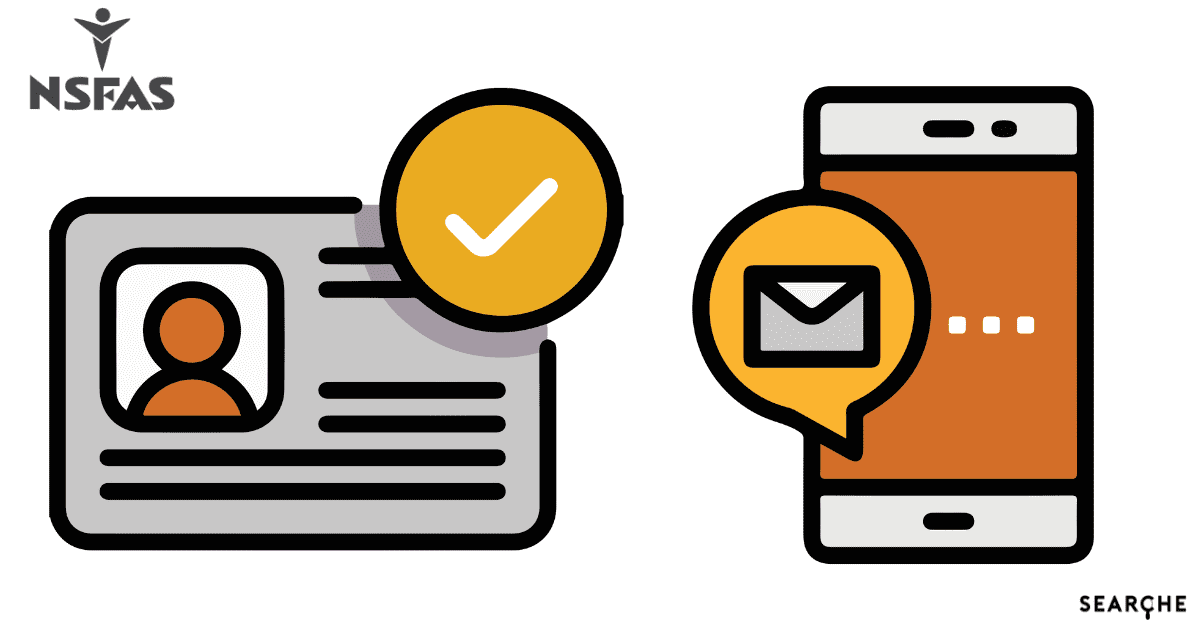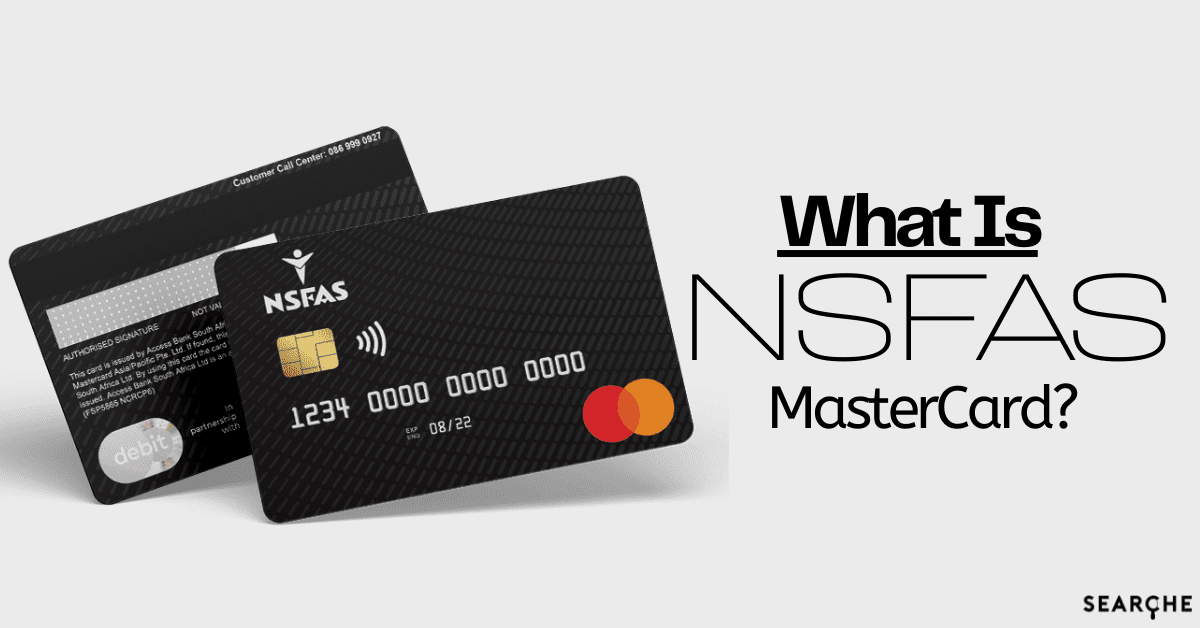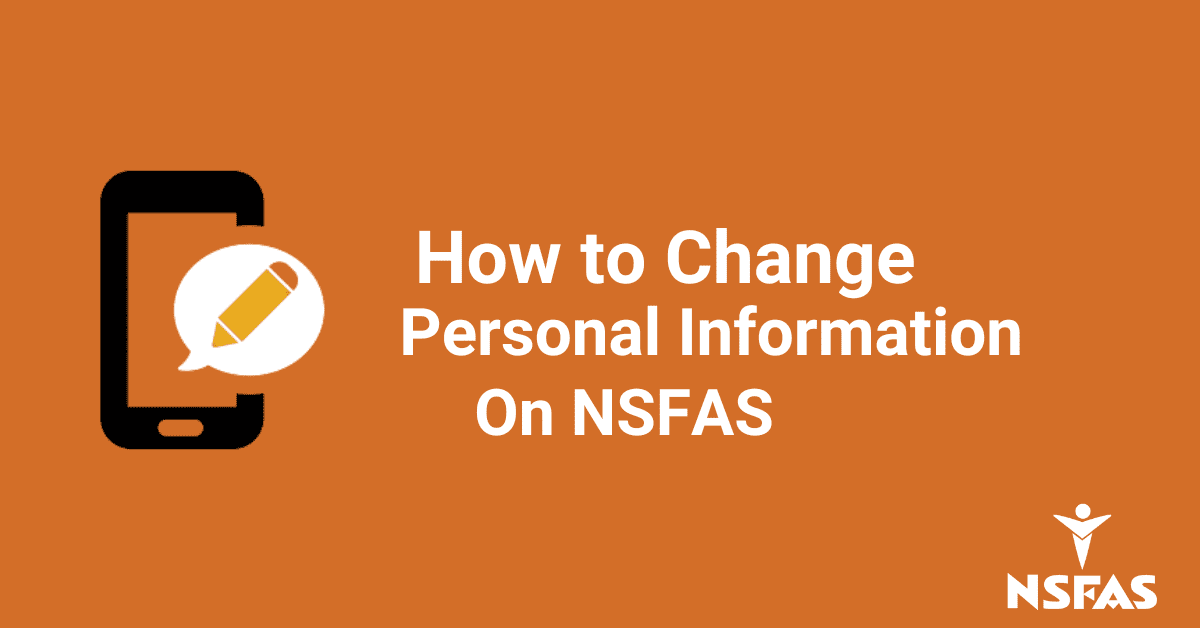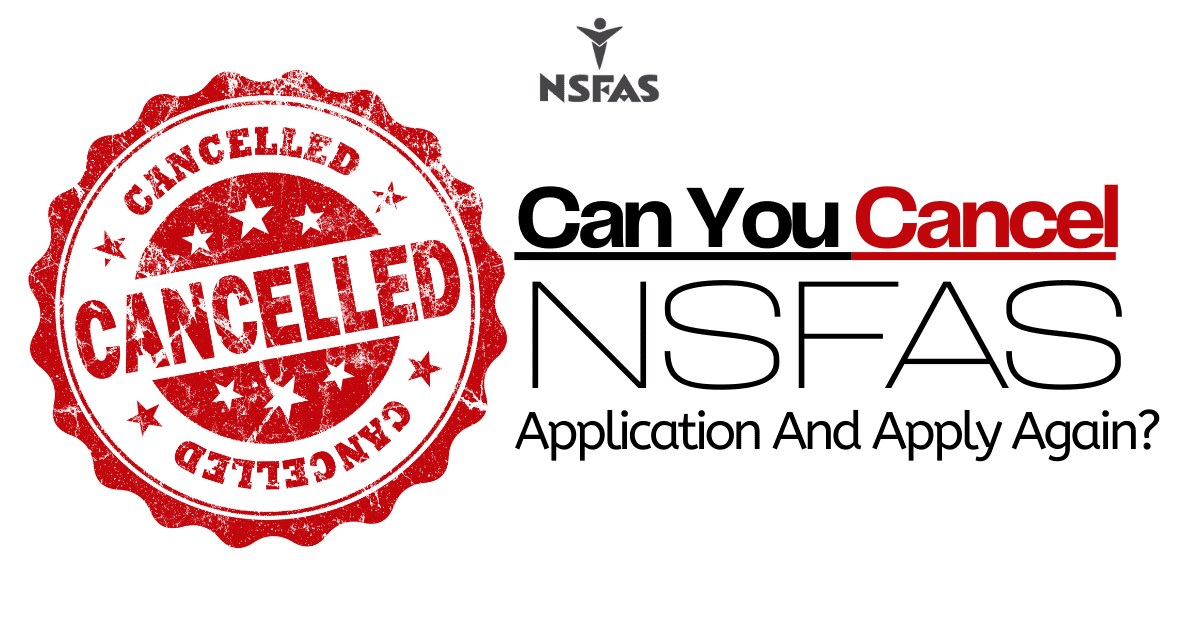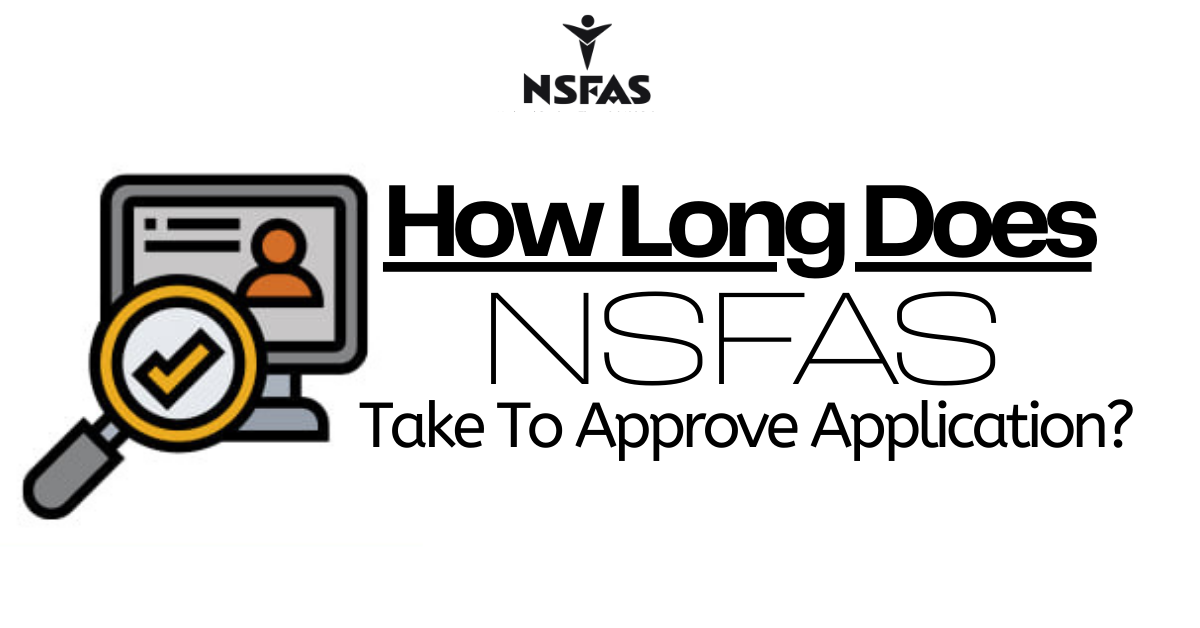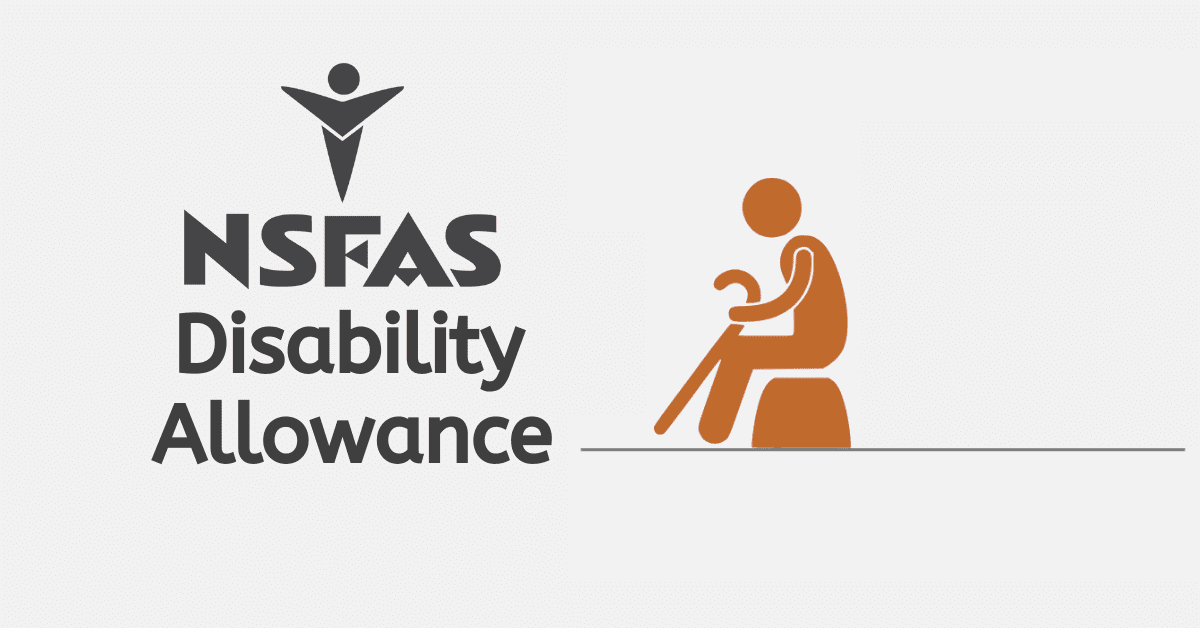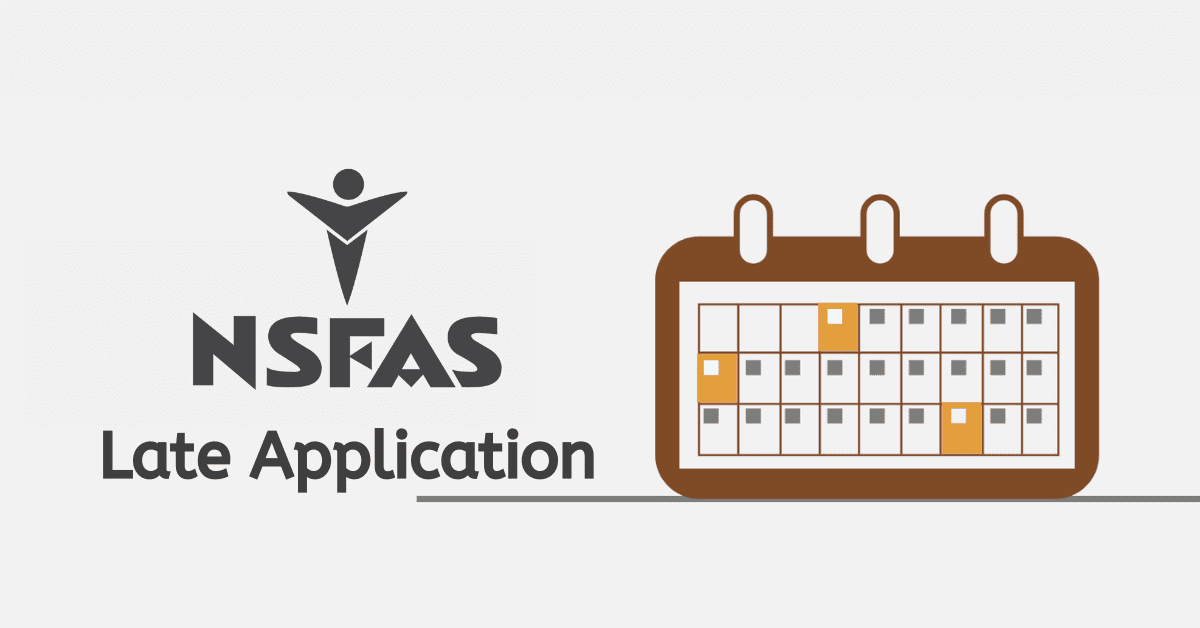While the National Student Financial Aid Scheme (NSFAS) aims to support students from poor backgrounds to pursue higher education, not all funding applications are successful. All applicants are screened to ensure that only deserving students get financial aid. As a result, other individuals who are not successful end up asking this question; “Why did NSFAS reject my application?” This article explains why some applications are declined and the measures you can take to appeal the decision.
Reasons For The Rejection Of Your NSFAS Application
First and foremost, you must know that the NSFAS bursary is a preserve for South African citizens only. Even if you try your luck, your application will be declined if you are not a South African. Additionally, all applications must be accompanied by specific documents requested by NSFAS. For instance, you must provide the following documents when you apply for NSFAS funding.
- Copy of an unabridged birth certificate or national ID
- Passport or driver’s license
- Non-SASSA applicants to provide their parent/guardian’s ID copies
- Smart card ID (copies of both sides)
- Parent/guardian’s proof of income (This can be the latest payslip, UIF letter, appointment letter, retrenchment, or retirement letter)
- Death certificate or divorce decree
- Disability Annexure A Form
Ensure all the documents you provide have correct details and are not amended. Your application will be declined if there are missing documents or errors on the copies you provide.
If your household income is above the annual threshold of R370 000 or R600 000 if you have a disability, you may not get aid. Another reason is that if you apply for an unsuitable course, you’re not likely to get funding. If you were previously funded for another qualification, you cannot apply again. NSFAS can only sponsor you once, but you can get another year of funding if you fail to complete your studies due to poor performance or other reasons. Funding will be discontinued if you fail to meet the expected academic requirements.
When applying for an NSFAS bursary, ensure you’re already admitted to a certain university or TVET college. NSFAS only consider applicants who already have places to pursue their studies at TVET colleges or universities. If your application is not approved, but you feel you meet the requirements and have additional supporting information, you can appeal the decision.
Can I Re-apply For NSFAS After Being Rejected?
If you do not meet the above requirements, there is nothing you can do because your new application will still be declined. However, if you’re convinced that you were unfairly rejected, you made a mistake in your application, or your situation has changed, you can appeal the recommendation by NSFAS. You can do this by requesting the evaluators to check your application again once you provide all the supporting documents.
If our academic performance was impacted by factors beyond your control, like illness or the death of a family, you can re-apply for NSFAS aid. However, you need to substantiate your claim by providing appropriate documents. For instance, you can provide your medical record or a copy of your loved one’s death certificate to increase your chances of getting approved for funding.
Should there be any change in your combined income due to elements like retrenchment, dismissal, or change of job, you can re-apply for NSFAS. If your first application was rejected because your combined household income exceeded the threshold of R370 000 per year, you are eligible to apply again if your benefactor is retrenched or changes their job. However, you need to provide all the relevant supporting documents.
You can submit your appeal through the myNSFAS website if you are a first-time applicant. Continuing students should submit their appeals through the student support or financial aid offices at their respective institutions where they are registered.
How Long Do NSFAS Appeals Take
NSFAS usually responds within 30 days of submitting your appeal if you provide sufficient information. When you receive the “unsuccessful” NSFAS application status, make sure you quickly submit your appeal.
What To Do When You Are Rejected By Nsfas?
If your NSFAS application is unsuccessful, you can submit an appeal by following the steps below.
- Log in to myNSFAS account.
- Click on the tab ‘Track Funding Progress.’
- Check your application status; if you get an unsuccessful message, begin the appeal process by clicking on the ‘Submit Appeal’ option.
- When you are directed to the ‘Application Appeal’ page, you are provided the reasons for rejection of funding.
- You can choose the appeal reason and write a motivational letter that should not exceed 1000 characters.
- Upload certified documents to support your appeal. Provide the following documentation.
- ID copy
- Birth certificate or South African Passport
- Proof of income (appointment letter, UIF letter, or latest payslip)
- Consent form signed by your parent/guardian
- Copy of parent/guardian ID
- Once you have uploaded all the necessary documents, click ‘Submit Appeal.’
Make sure you submit your NSFAS appeal within 30 days of getting the ‘unsuccessful’ status on your application. If you are a continuing student, you can submit your appeal via the financial aid or student support offices at the institution where you are registered.
When you apply for NSFAS funding, your application can be rejected as a result of various reasons. However, the good news is that you can appeal the resolution if you feel you qualify to get aid. You can do this by following the tips outlined above.
